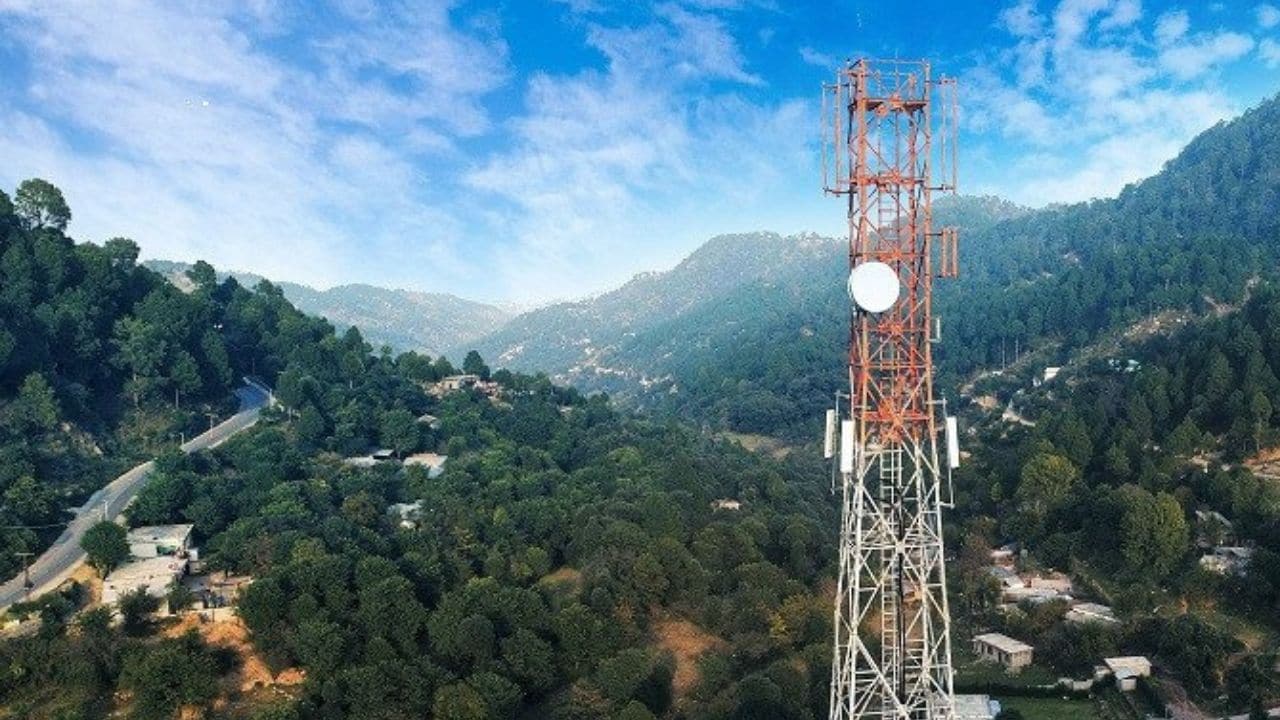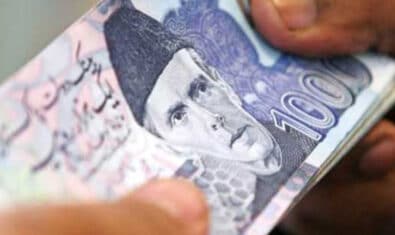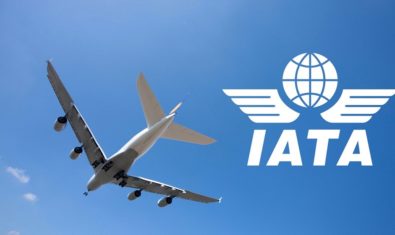It’s not uncommon for businesses to talk at length about their commitment to the markets they operate in. How they slyly link their products and services to socio-economic wellbeing is also quite textbook.
The approach is no different for cellular operators in Pakistan who somehow present their business as a service to society. But some real-life events give sufficient proof of how justified these claims are.
One recent example of this was the AJK&GB spectrum auction.
What Happened at the AJK&GB Spectrum Auction?
Last month, Zong (CMPak) emerged as the highest bidder by outnumbering Jazz for the 1800 MHz spectrum auction for Azad Jammu & Kashmir (AJ&K) and Gilgit Baltistan (GB).
Zong bagged 11.2 MHz in the highly coveted 1800 MHz Band for a cumulative Auction Winning Price of USD 15.442 Million.
It won 10 MHz (2 blocks of 5 MHz) in 1800 MHz band, and 1.2 MHz in 1800 MHz band. (Telenor Pakistan won in the 2100 MHz band bagging 15 MHz against the set base price.)
The auction can be taken as a litmus test for these telcos’ commitment to Pakistan and its people. While not exceeding its final bid would have made business sense to Jazz, Zong decided to move ahead and capture the market anyway to serve the region.
Zong’s winning bid seems to go beyond business and profit margins, factors that should mean less when it comes to true commitment and service to the underserved.
Did it all come down to returns on the investment for Jazz when it decided not to bid any further and let Zong grab the spectrum and build its stronghold in the AJK&GB market?
Probably yes.
Telcos’ Disinterest in the 2021 Spectrum Auction
The complacence had already become evident in the main (nationwide) spectrum auction earlier in September when Jazz (and even Zong and Telenor) decided not to participate saying they had enough spectrum already. (The covert reason, however, was PTA terms that these telcos termed as harsh).
Earlier this month, we broke down each telco’s spectrum allocations vis-à-vis their customer base. The 33.6 MHz spectrum ownership of Zong (3rd largest telco) turned out to be more sufficient than 47.2 MHz of Jazz (the largest telco) in terms of user experience (users per 1 MHz).
Although not truly justifiable, Zong’s claim of sufficient spectrum ownership still wasn’t so ill-founded compared to that of Jazz (and Telenor).
Zong’s Success in AJK&GB Spectrum Auction
As discussed above, Zong’s success in the AJK&GB Spectrum Auction doesn’t look driven by profit margins, but rather, serving the region’s people who, for long, have had little choice when it comes to reliable mobile broadband.
According to Zong, that acquisition of the prized 1800 MHz spectrum would enable the company to fortify its 4G leadership and to roll out its best-in-class 4G LTE in AJ&K and GB resulting in a much-needed boost to connectivity and high-speed data coverage in the region.
So, does Zong’s win in the AJK&GB auction do justice to its claim of commitment to Pakistan? We think it does, although the move couldn’t have been entirely without consideration for the business.
Were Recent Auctions The First ‘Betrayal’?
No. Those who keep track of telecom developments in Pakistan know well how things unfolded in the 2014 spectrum auction.
It was a glorious period for the Pakistani telcos. They were basking comfortably in the hefty voice and SMS revenues (that amounted to over 95% of total earnings) while the world was fast adopting 3G and 4G.
No wonder why they had been avoiding the NGMS spectrum auction since 2009 when the talks of the auction first floated in the market. In 2014, however, they were told that not only 3G, but also 4G spectrum was up for grabs in the upcoming auction.
Naturally, the big operators showed little enthusiasm and went for smaller chunks of the 3G spectrum. Zong, to everyone’s surprise, didn’t play conservative and not only went for full 10 MHz in 3G, but also grabbed the 4G spectrum.
How Zong rose from being an underdog then to a telecom giant it is now is history. Looking back, it’s easy to see that it was Zong’s bold move that paved the way for 4G in Pakistan.
The important thing to note is that Zong’s acquisition of 4G made little business sense back then and was more about its commitment to Pakistan.
Why? Because the country wasn’t ready for the technology. A majority of the handsets available here weren’t supportive of 4G, nor were the SIMs 4G-ready.
It also meant massive network transformation for Zong, but it did it anyway. (The company was also the first to test 5G in the country last year.)
The reluctance that the top telcos have repeatedly shown to such modernization of Pakistan’s telecom space runs counter to their transformation and connectivity claims.
How Zong has pursued its mission of empowering societies, however, seems to hold water.






















So what does this auction actually meant ? Will Zong improve its poor 4G services in AJK n GB or no ?